- Joined
- Mar 29, 2016
- Messages
- 14,857
- Reaction score
- 8,311
- Can others edit my Photos
- Photos NOT OK to edit
This is aimed at the more senior members on the forum, those who remember the days when an image was primarily created in camera. Granted there were some things you could do in the darkroom, or by your choice of film, but by and large it was in camera.
I started a book this weekend on creating in camera as opposed to relying so much on editing software, and it made me think. I went back and pulled out some old photo albums, and realized that I had actually created some decent images where the only options available on the camera were aperture, focus and shutter speed. Now even low end camera's have dozens of options and controls, yet it seems many are less creative in camera, relying instead on software after the fact to "create" something. Comments?
I started a book this weekend on creating in camera as opposed to relying so much on editing software, and it made me think. I went back and pulled out some old photo albums, and realized that I had actually created some decent images where the only options available on the camera were aperture, focus and shutter speed. Now even low end camera's have dozens of options and controls, yet it seems many are less creative in camera, relying instead on software after the fact to "create" something. Comments?


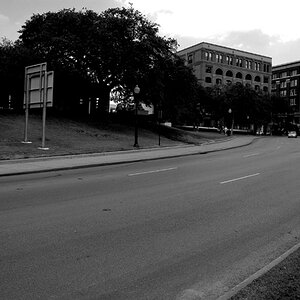
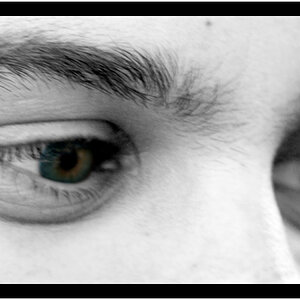
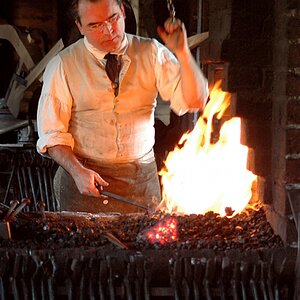

![[No title]](/data/xfmg/thumbnail/37/37491-9a5a4b87cc7adab94e5cc59f2da93701.jpg?1619738112)
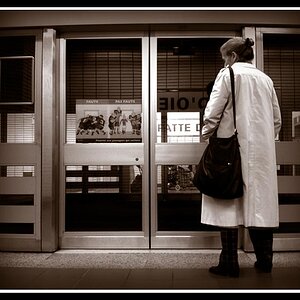


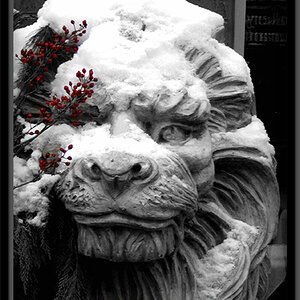
![[No title]](/data/xfmg/thumbnail/30/30990-df3df397f705643bc2c207cc9d579d08.jpg?1619734554)

![[No title]](/data/xfmg/thumbnail/37/37492-bafc92488a1ab17e4ca6603ee5b38376.jpg?1619738112)